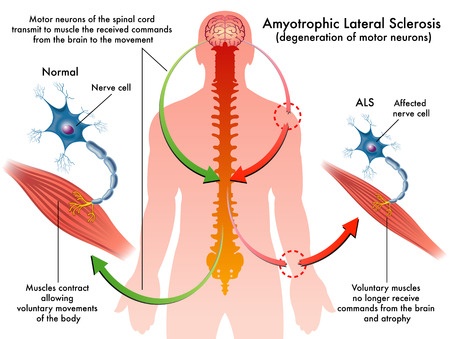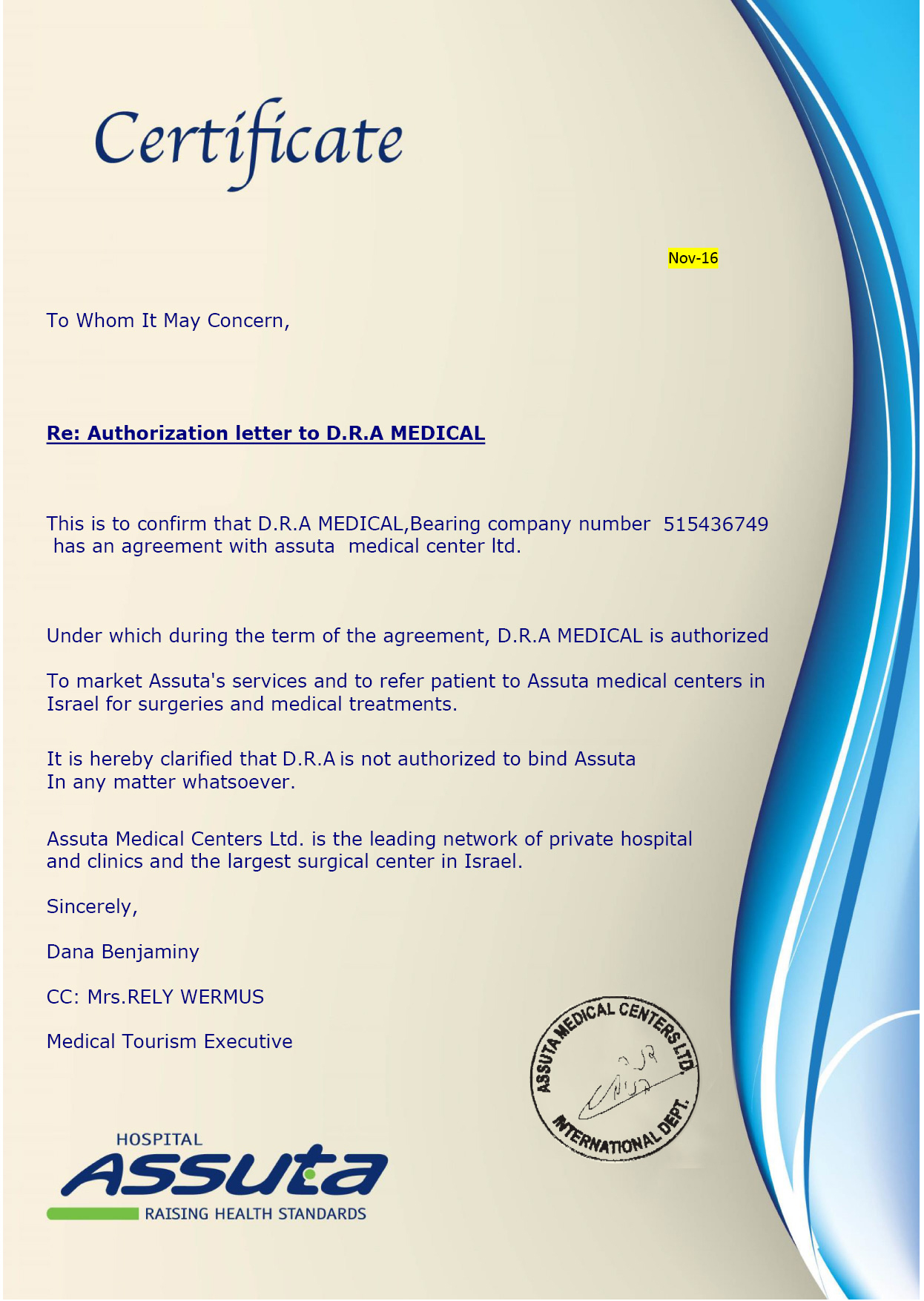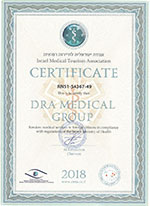Overview
Amyotrophic Lateral Sclerosis, or ALS, is a disease that affects the nervous system causing muscle weakness and decreased physical function. ALS is commonly known as Lou Gehrig’s disease after the famous baseball player, Lou Gehrig, who was diagnosed with ALS in 1939. Specifically, amyotrophic lateral sclerosis causes motor neurons throughout the body to prematurely deteriorate and ultimately die. There is no cure for Lou Gehrig’s disease and it is fatal.
Symptoms
Early signs of amyotrophic lateral sclerosis include weakness or twitching of your muscles as well as slurred speech. These symptoms are especially evident as you perform daily activities. It is common for patients to identify these signs as simply tripping or being clumsy. You may also have difficulty holding your head up or keeping your back erect. Later on, you will experience a broader loss of control over the muscles that control your movement, breathing, chewing, and swallowing.Although ALS is a neurodegenerative disease, it usually does not change your bladder and bowel control, nor does it diminish your senses and cognition. Therefore, in spite of your muscles weakening from your limbs to the rest of your body, you will be able to communicate and engage with your family and friends.
Risk Factors
Scientists have yet to identify specific factors that increase the risk of developing amyotrophic lateral sclerosis, but there are some possible causes in sight. For instance, gene mutation, chemical imbalance, protein mishandling, or a disorganized immune response could be to blame.Five to ten percent of people with ALS inherit it from their family. In fact, children of a parent with ALS have a 50 percent chance of developing ALS. Lou Gehrig’s disease does occur most often in people 40 to 60 years of age. More men than women are diagnosed with ALS before the age of 65, but a relatively equal number of men and women are diagnosed after the age of 70.
In addition, researchers have yet to rule out the potential risk of environmental factors in causing amyotrophic lateral sclerosis. These factors include cigarette smoking and lead exposure. Meanwhile, individuals that serve in the military appear to be at a higher risk of forming ALS. This could be due to metal or chemical exposure as well as traumatic injuries or intense exertion.

Diagnosis
Considering that the symptoms of Lou Gehrig’s disease are very similar to other neurological diseases, diagnosing ALS can prove challenging. Thus, your doctor will use a variety of medical tests to rule out other diseases and diagnose your ALS via a process of elimination. These tests include, but are not limited to, blood and urine tests, electromyogram (EMG), magnetic resonance imaging (MRI), muscle biopsy, a nerve conduction study, and a spinal tap.
- Blood and urine tests - are often your doctor’s first course of action to eliminate possible causes for your symptoms.
- Electromyogram (EMG) - illustrates the electrical activity occurring in your muscles as they contract and rest.
- Magnetic Resonance Imaging (MRI) - yields detailed images of your brain and spinal cord which can reveal the presence of tumors in your spinal cord or herniated disks in your neck that may be causing your symptoms.
- Muscle Biopsy - analyzes a small portion of muscle extracted from your body under local anesthesia to check for muscle diseases other than ALS.
- Nerve Conduction Study - measures the ability of your nerves to send impulses to your muscles throughout your body in order to locate nerve damage or diagnose another muscle disease.
- Spinal Tap - also called a lumbar puncture, analyzes cerebrospinal fluid extracted from your lower back in a laboratory to check for an infection that may explain your symptoms.
Treatment
Because amyotrophic lateral sclerosis cannot be reversed, the goal of treatment is to prevent additional complications while slowing the progression of your symptoms. Overall, treatment will increase your comfort and independence. ALS treatments can be divided into different types of medications and therapies.Medications
One drug approved to treat ALS called Rilutek, slows the progression of ALS by reducing the amount of glutamate in the brain. Glutamate is a chemical messenger that is often present in higher levels in ALS patients than healthy individuals. Dizziness, as well as changes in liver and gastrointestinal function, represent some common side effects of Rilutek.
Your doctor may also prescribe you medications to target and relieve specific symptoms. These may be medications for depression, insomnia, fatigue, pain, muscle cramps or spasms, uncontrolled outbursts, and excessive salivation or phlegm.
Therapies
As your amyotrophic lateral sclerosis progresses, it will become difficult for you to breathe especially as you sleep. So, your doctor will test your breathing regularly and he or she may recommend that you breathe with mechanical ventilation. Mechanical ventilation involves inserting a tube through a hole in your windpipe and connecting the other end of the tube to a respirator.
Physical therapy will help you maintain heart health and muscle strength while occupational therapy will help you compensate for hand or arm weakness. An occupational therapist may also suggest modifications for your home or specific technology to assist you in maintaining as much independence as possible. As your speaking ability declines, a speech therapist will teach you how to make your speech more easily understood. He or she may also recommend certain computer applications to assist you in communication.
It is also important you know that nutritionists, psychologists, and social workers will make up the rest of your support team. These specialists are necessary for meeting your nutritional needs and fitting you for a feeding tube when necessary. At the same time, you can receive assistance with handling your financial and insurance obligations. And last, but not least, emotional support will be available to both you and your family at any time.
Physical therapy will help you maintain heart health and muscle strength while occupational therapy will help you compensate for hand or arm weakness. An occupational therapist may also suggest modifications for your home or specific technology to assist you in maintaining as much independence as possible. As your speaking ability declines, a speech therapist will teach you how to make your speech more easily understood. He or she may also recommend certain computer applications to assist you in communication.
It is also important you know that nutritionists, psychologists, and social workers will make up the rest of your support team. These specialists are necessary for meeting your nutritional needs and fitting you for a feeding tube when necessary. At the same time, you can receive assistance with handling your financial and insurance obligations. And last, but not least, emotional support will be available to both you and your family at any time.
D.R.A. specialists can help you in both understanding and managing your amyotrophic lateral sclerosis.









